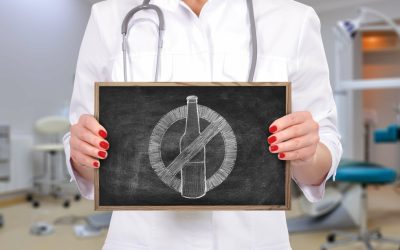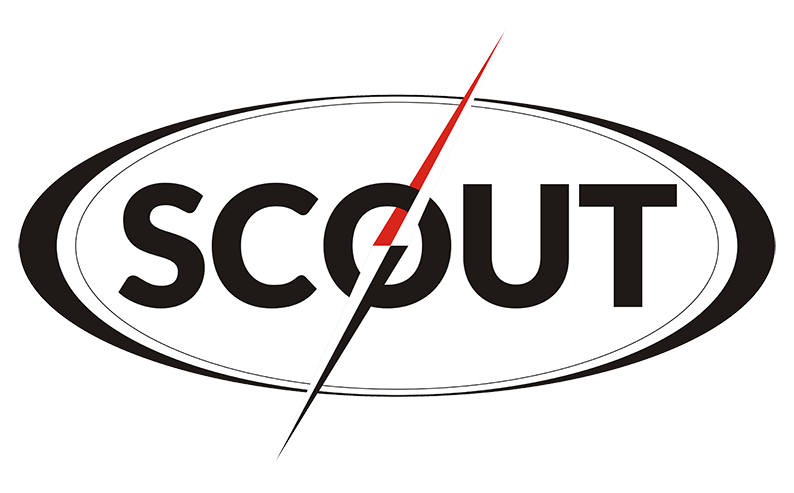These features are critical indicators that a person’s use has transitioned from physical dependence to a more complex addiction, requiring comprehensive treatment. In summary, dependence often precedes addiction in the progression of substance use issues. While dependence involves physiological reliance, addiction encompasses a broader set of behavioral and neurological changes, making it a more complex condition that often develops later. Understanding this sequence is crucial for effective diagnosis and treatment, as addressing dependence alone may not resolve the addictive behaviors.

Similarities Between Addiction and Dependence
Policies like age restrictions on alcohol and tobacco sales create barriers to substance access. Family therapy and education programs involve loved ones in the recovery process, improving communication and rebuilding relationships strained by addiction. Lying and manipulation are common as individuals try to hide their addiction. Tolerance develops over time, requiring larger doses to achieve the same effects. This escalation can accelerate the progression from casual use to dependence.
- While substance abuse can be a precursor to addiction, not everyone who abuses substances becomes addicted.
- Dependence is a complex phenomenon that can occur alongside addiction or as a separate condition.
- When someone develops a tolerance, their body needs higher doses of the substance to achieve the same effect.
- We list any treatment center that meets our rehab criteria, giving you the best list of options possible when looking for treatment.
- For instance, someone who once felt intoxicated after a few beers might now require a 12-pack to achieve similar effects.
Treatment Services & Modalities
Addiction, on the other hand, is a complex mental health condition where the addict struggles to control their behavior towards a substance. If a healthcare provider does not address dependence, the individual may eventually develop an addiction. Speaking of prescriptions, let’s talk about the elephant in the dependency vs addiction room – the role of prescription medications in dependence and addiction. It’s a thorny issue, like trying to navigate a rosebush maze blindfolded.
National Opioid Settlement Funds: 5 Lessons for Effective Implementation
Establishing clear limits helps protect your peace, reduce stress, and make room for positive habits, like exercise or mindfulness, that support mental health and recovery from substance use disorder. Creating this space for yourself ensures you stay focused on building a balanced and healthier life. Whether it’s walking, yoga, or strength training, exercise11 also reduces stress and helps with withdrawal symptoms, making it a key part of addiction treatment and long-term recovery. Practicing mindfulness for addiction recovery helps you recognize these triggers so you can make healthier choices and avoid the negative consequences of substance dependence. Dr. Malasri Chaudhery-Malgeri, known as Dr. Mala, is the Chief Clinical Officer at Recovery.com, Halfway house where she develops impartial and informative resources for people seeking addiction and mental health treatment.
We list any treatment center that meets our rehab criteria, giving you the best list of options possible when looking for treatment. While the DSM-5 may link addiction and dependence, it does not mean they are the same thing. The definitions of addiction and dependence have undergone a lot of changes in the Diagnostic and Statistical Manual of Mental Disorders (DSM). Finally, there’s the myth that if you relapse after beating your addiction, you have failed. https://learnwithearnrt.com/what-happens-to-your-body-when-you-stop-drinking-7/ Just like with other diseases, sometimes you need multiple treatments or repeat treatments.

On the flip side, we have psychological addiction, the master puppeteer of behavior and cognition. This is where the mind gets hooked on the emotional or mental effects of a substance or behavior. It’s the voice in your head that says, “Just one more hit/drink/game, and then I’ll feel better.” True addiction often involves this psychological component, making it a formidable foe in the battle for recovery. It’s characterized by the body’s physiological adaptation to a substance, leading to tolerance (needing more to achieve the same effect) and withdrawal symptoms when use is discontinued.
If you can’t function properly in the morning without your cup of coffee, it could be that you are caffeine-dependent. When you miss your morning cup, you might develop physical withdrawal symptoms, like a headache, fatigue, difficulty concentrating, and more. While tolerance can be a sign of dependence, it doesn’t necessarily indicate addiction. For example, people who are on long-term medications for pain management may need to increase their dosage but are not necessarily engaging in compulsive or harmful use. For example, someone who is prescribed medication for chronic pain may develop a tolerance over time, requiring higher doses. They may not be addicted but are dependent because their body requires the drug to function normally.
